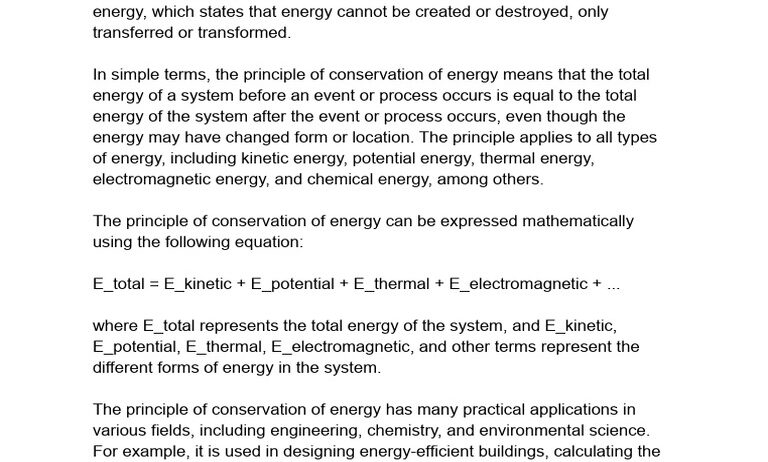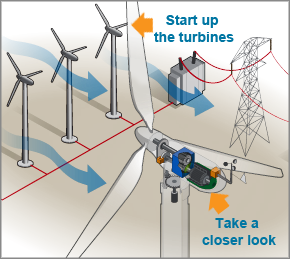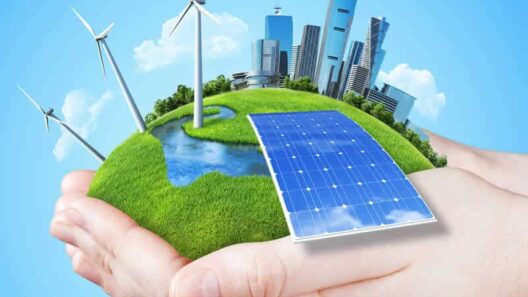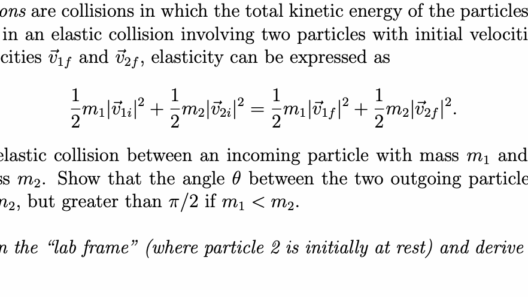The concept of energy conservation is an essential principle that resonates across multiple disciplines, including physics, environmental science, and economics. At its core, energy conservation refers to the practice of reducing energy consumption through various strategies, which can help diminish the depletion of natural resources and mitigate environmental degradation. This article will delve into the principle of energy conservation, exploring its significance, different types, and practical applications, all while emphasizing the importance of adopting sustainable practices in our daily lives.
Understanding the fundamental laws surrounding energy conservation is key to grasping its broader implications. The first law of thermodynamics states that energy can neither be created nor destroyed; it simply changes form. This principle underscores the necessity of conserving energy in the sense that the energy we utilize—whether it’s in our homes, transportation, or industry—must be managed judiciously to ensure a sustainable future.
Throughout this examination, we will explore various dimensions of energy conservation, including methods for implementation, benefits gained from adopting conservation practices, and the role of technology in advancing these efforts.
The Significance of Energy Conservation
Energy conservation is not merely a personal choice—it has broader societal implications. With the looming threat of climate change, conserving energy can significantly reduce greenhouse gas emissions. These emissions largely arise from burning fossil fuels for energy, with deleterious effects on our atmosphere and ecosystems. By prioritizing energy conservation, we can contribute to a reduction in pollution and a cleaner environment.
Moreover, efficient energy consumption translates into economic advantages. Lowering energy usage can reduce utility bills, allowing individuals and businesses to allocate funds elsewhere. On a larger scale, nations can decrease their reliance on imported fuels, strengthening energy security and fostering economic resilience.
Different Types of Energy Conservation
Energy conservation can manifest in myriad forms, categorized broadly into passive and active strategies, as well as technological interventions.
Passive Energy Conservation
This form of conservation relies on design elements that naturally reduce energy usage without active intervention. For instance, well-insulated buildings retain warmth during colder months and remain cool in summer, minimizing the need for heating and cooling systems. Thoughtful placement of windows can harness natural sunlight, diminishing the reliance on artificial lighting throughout the day. Landscape features, like trees or shrubs, can also provide shade, reducing energy consumption in buildings.
Active Energy Conservation
In contrast, active energy conservation involves the implementation of specific practices or technologies aimed at reducing energy consumption. Simple actions, such as turning off lights when leaving a room, investing in energy-efficient appliances, or utilizing programmable thermostats, can yield considerable energy savings over time. Furthermore, adopting carpooling or using public transportation can decrease fuel consumption, mitigating the environmental impact of individual commutes.
Technological Interventions in Energy Conservation
In today’s technologically driven society, innovations play a pivotal role in enhancing energy conservation. Smart grids, for example, allow for real-time monitoring and management of energy usage, optimizing resources based on demand. Renewable energy technologies, including solar panels and wind turbines, offer sustainable alternatives to traditional fossil fuels, reducing dependency on nonrenewable energy sources. Moreover, advancements in battery storage technologies enable the efficient use of renewable energy, allowing consumers to harness excess energy generated during peak production times for use later.
The Broader Benefits of Energy Conservation
Beyond combating climate change and reducing costs, energy conservation provides additional societal benefits that resonate deeply within our communities.
Creating Sustainable Habits
Energy conservation encourages a cultural shift towards sustainability. As individuals recognize the profound impact of their choices on energy consumption, they may become more inclined to adopt additional eco-friendly practices, such as recycling, reducing water usage, or supporting local products. This shift can foster a sense of community empowerment and accountability, with individuals collectively striving towards a greener future.
Enhancing Quality of Life
Conserving energy can also enhance the overall quality of life by reducing pollution-related health risks. Lower emissions result in cleaner air quality, contributing to better health outcomes for communities. Moreover, by embracing energy-efficient measures, households often experience a more comfortable living environment, free from the fluctuations associated with inefficient energy usage.
Global Perspective on Conservation
Energy conservation is a global imperative, transcending geographical and political boundaries. International agreements, like the Paris Agreement, highlight the importance of collective action towards sustainable energy usage. Countries worldwide are setting ambitious targets to reduce greenhouse gas emissions and enhance energy efficiency. The interconnected nature of our global economy necessitates united efforts in conservation strategies to ensure a brighter future for all.
Conclusion: A Call for Action
Conserving energy is not simply an environmental responsibility; it’s a moral imperative that calls for a collective awakening to our societal duties. By understanding the nuances of energy conservation and actively participating in its practices, individuals can significantly influence the trajectory of our planet’s future. From passive strategies to innovative technologies, every effort counts in the race towards sustainability. Embracing energy conservation is not a daunting task, but rather an opportunity to redefine our relationship with energy and the world around us—one conscious choice at a time.







